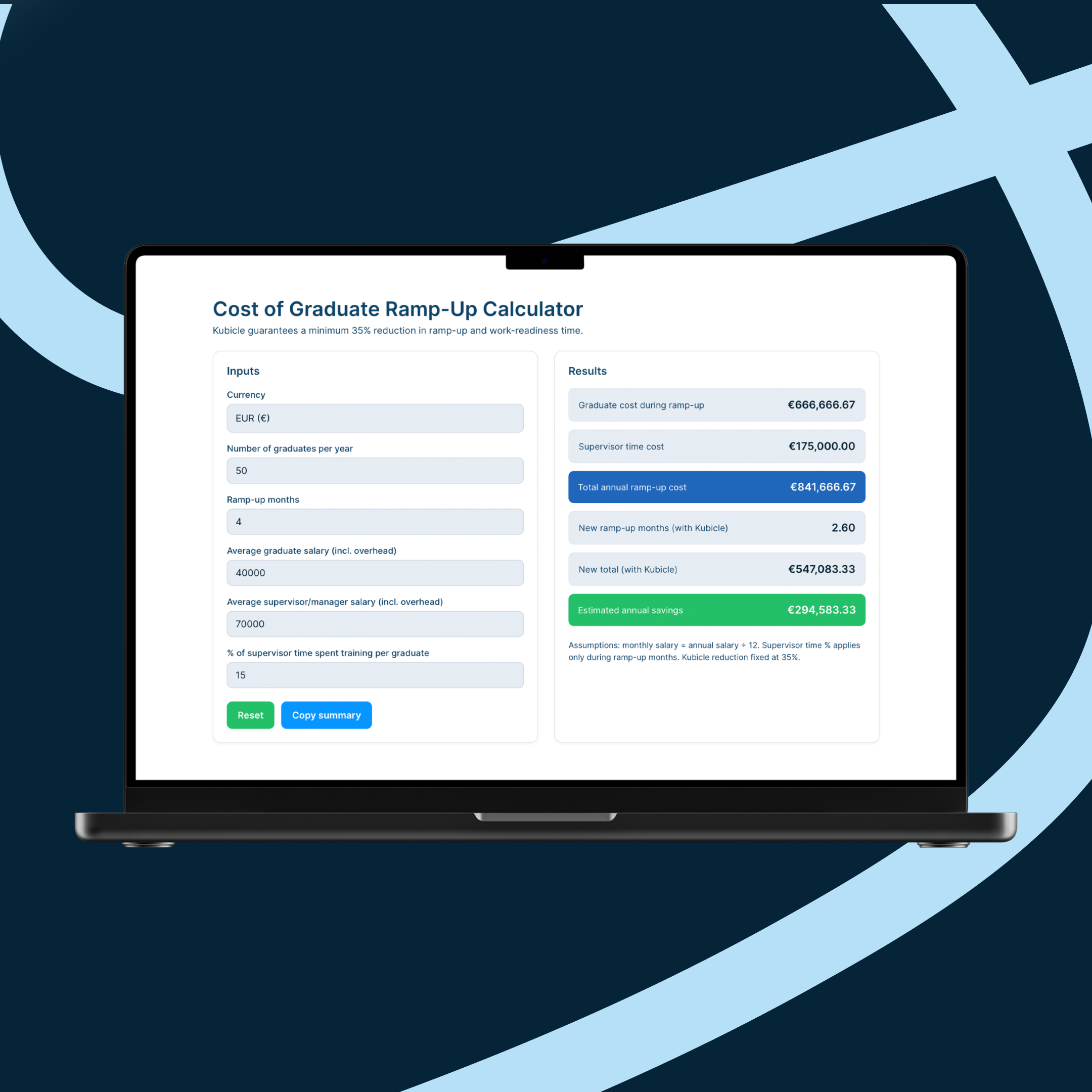Revolutionizing Corporate Finance: How AI Empowers CFOs and Transforms Finance Teams

Speak to One of our Learning Consultants Today
Talk to SalesIn previous blogs, as part of our AI series, we have looked at why the time for a company-wide AI policy is now. That can be read here and how AI can be used as a transformative enabler and competitive advantage for businesses. We also wrote an insights paper on how CFO’s can support closing the data literacy gap here. This blog also supports many of the hypotheses and practical examples put forward in that paper.
CFOs leveraging AI to help transform their corporate finance teams.
As the financial landscape becomes increasingly complex and data-driven, CFOs seek innovative solutions to improve financial decision-making, optimize processes, and drive business growth. Enter Artificial Intelligence (AI), undeniably a game-changing technology – with disruptive capabilities similar to the emergence of the Internet back in the 1990s – has the potential to revolutionize corporate finance and their teams. In this blog, we will explore how CFOs can leverage AI to enhance the capabilities of their finance teams, streamline operations, automate processes and deliver enterprise strategic value.
Data Analysis and Insights
AI excels at processing and analyzing vast amounts of financial data. By harnessing AI algorithms, finance teams can automate data collection, cleansing, and analysis, saving time and reducing errors. AI-powered analytics tools can generate real-time insights, trends, and forecasts, enabling CFOs to make data-driven decisions more accurately and quickly. This empowers finance teams to provide valuable insights for strategic planning, risk management, and financial forecasting.
Fraud Detection and Risk Management
AI plays a vital role in mitigating financial risks and detecting fraudulent activities. Machine learning algorithms can analyze historical data, identify patterns, and flag anomalies that may indicate potential fraud or non-compliance. AI-powered systems can continuously monitor transactions, vendors, and financial activities, providing early warnings and minimizing the impact of fraudulent behaviour. By leveraging AI for risk management, CFOs can safeguard their organization’s financial health and reputation.
Automation and Process Optimization
AI-powered automation can revolutionize finance team workflows, reducing manual effort and increasing efficiency. Routine tasks such as invoice processing, expense management, and financial reporting can be automated, freeing up valuable time for finance professionals to focus on strategic initiatives. AI-driven robotic process automation (RPA) can handle repetitive tasks quickly and accurately, minimizing errors and improving productivity.
Cash Flow Management and Forecasting
AI can greatly enhance cash flow management by providing real-time insights and accurate forecasts. By analyzing historical cash flow data, AI algorithms can identify cash flow patterns, anticipate future trends, and predict potential liquidity gaps. CFOs can leverage this information to optimize working capital, manage debt, and make informed investment decisions. AI-powered cash flow forecasting empowers finance teams to proactively plan for financial stability and growth.
Compliance and Regulatory Reporting
Compliance with complex regulations and reporting requirements is a critical responsibility for CFOs. AI can automate compliance processes by monitoring financial transactions, analyzing regulatory changes, and ensuring adherence to reporting standards. By leveraging AI, finance teams can streamline compliance activities, reduce manual errors, and improve accuracy in regulatory reporting.
Strategic Financial Planning
AI assists CFOs in strategic financial planning by providing accurate financial forecasts and scenario analysis. AI-powered algorithms can simulate various market conditions, economic factors, and business scenarios, enabling CFOs to evaluate the financial impact of different strategies and make informed decisions. This capability enhances the CFO’s role as a strategic partner to the CEO and other business leaders.
Conclusion
Integrating AI in corporate finance teams offers many opportunities for CFOs to transform their organizations. From data analysis and insights to fraud detection, process automation, cash flow management, compliance, and strategic financial planning, AI empowers CFOs to optimize operations, mitigate risks, and drive strategic value. By embracing AI, CFOs can lead their finance teams into the future, leveraging technology to enhance financial decision-making and guide their organizations toward sustainable growth and success. Start today with upskilling your staff on AI fundamentals and your AI journey starts here: https://kubicle.com/learning-paths/ai-fundamentals/



.png)









